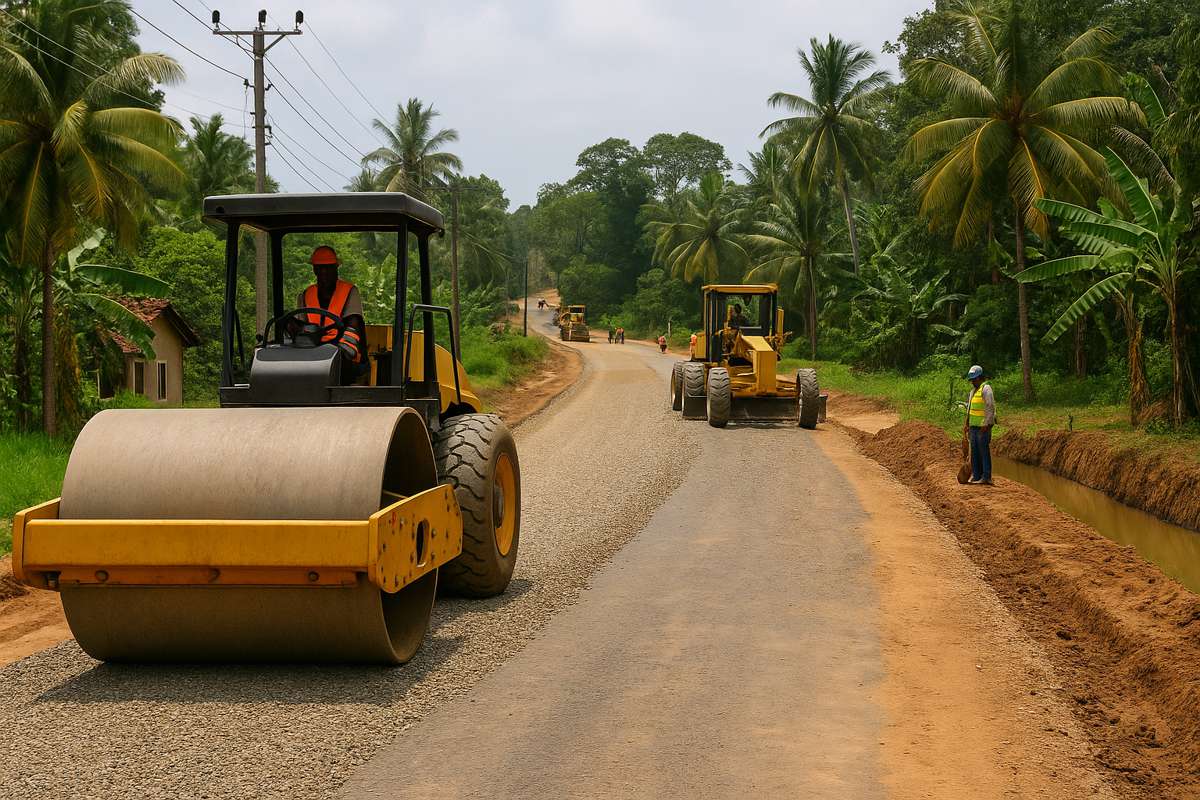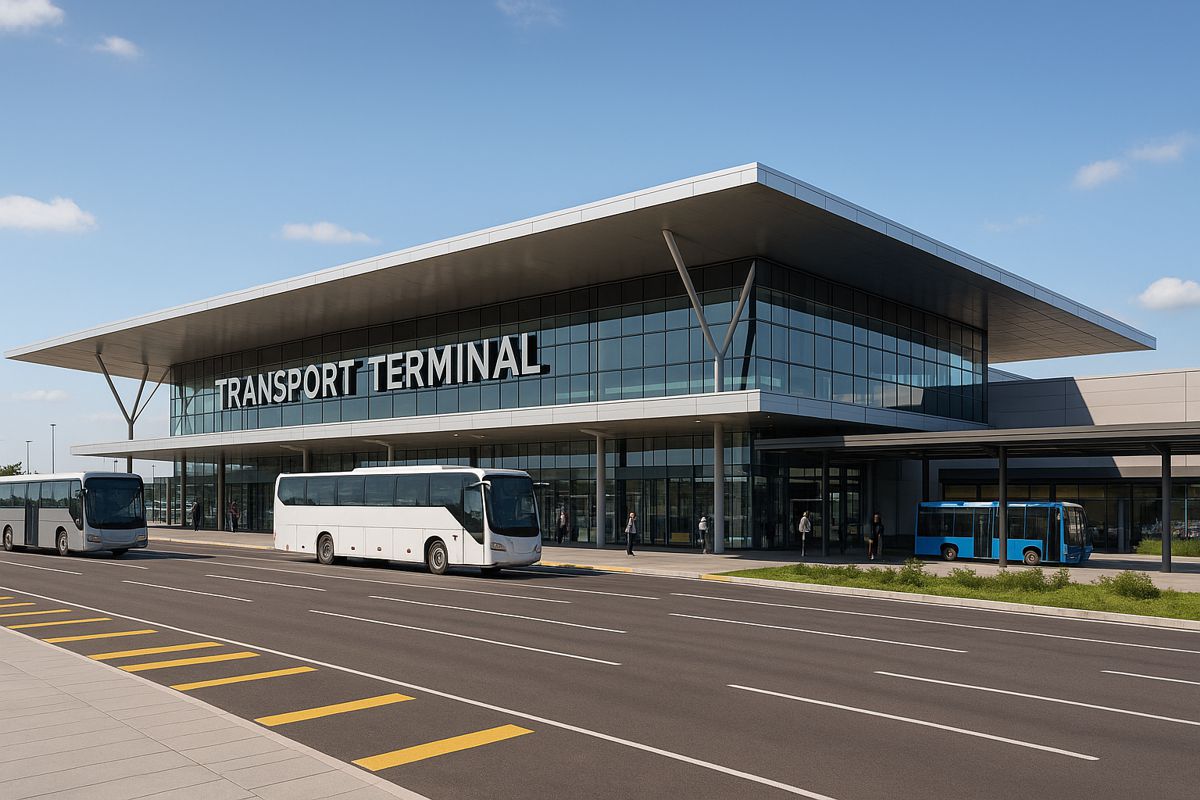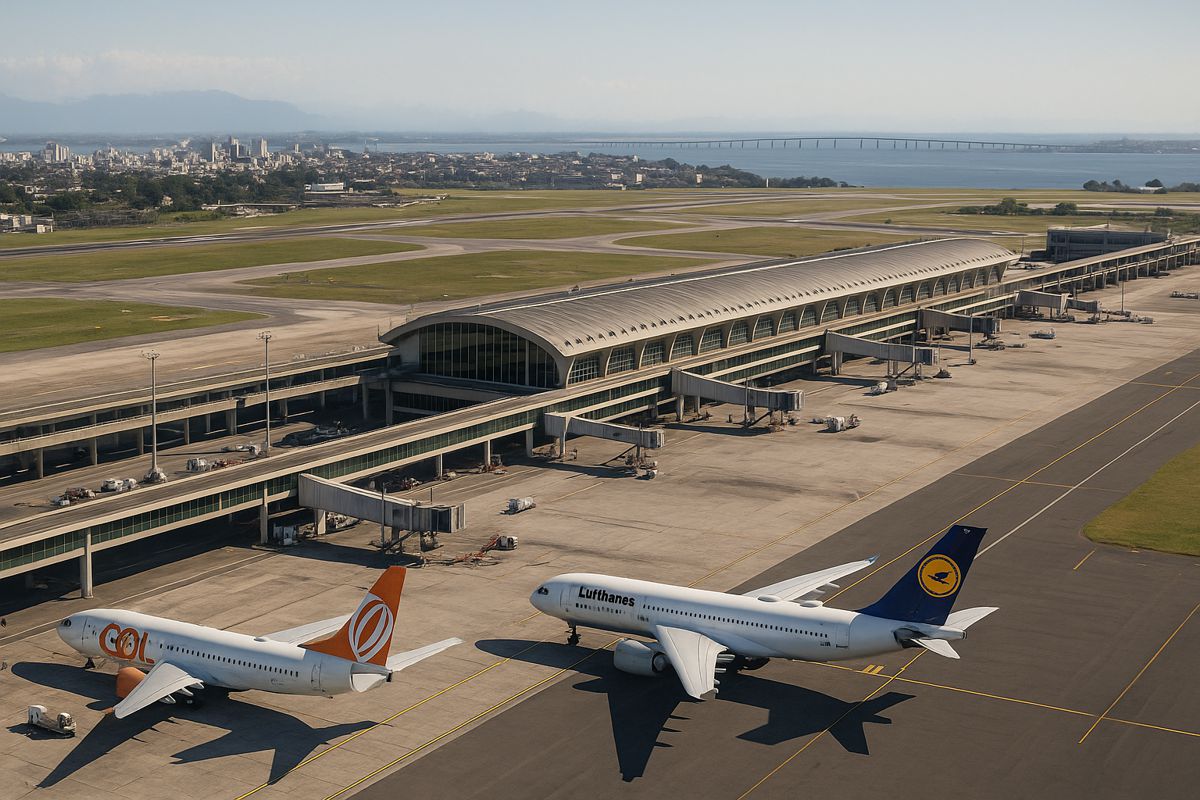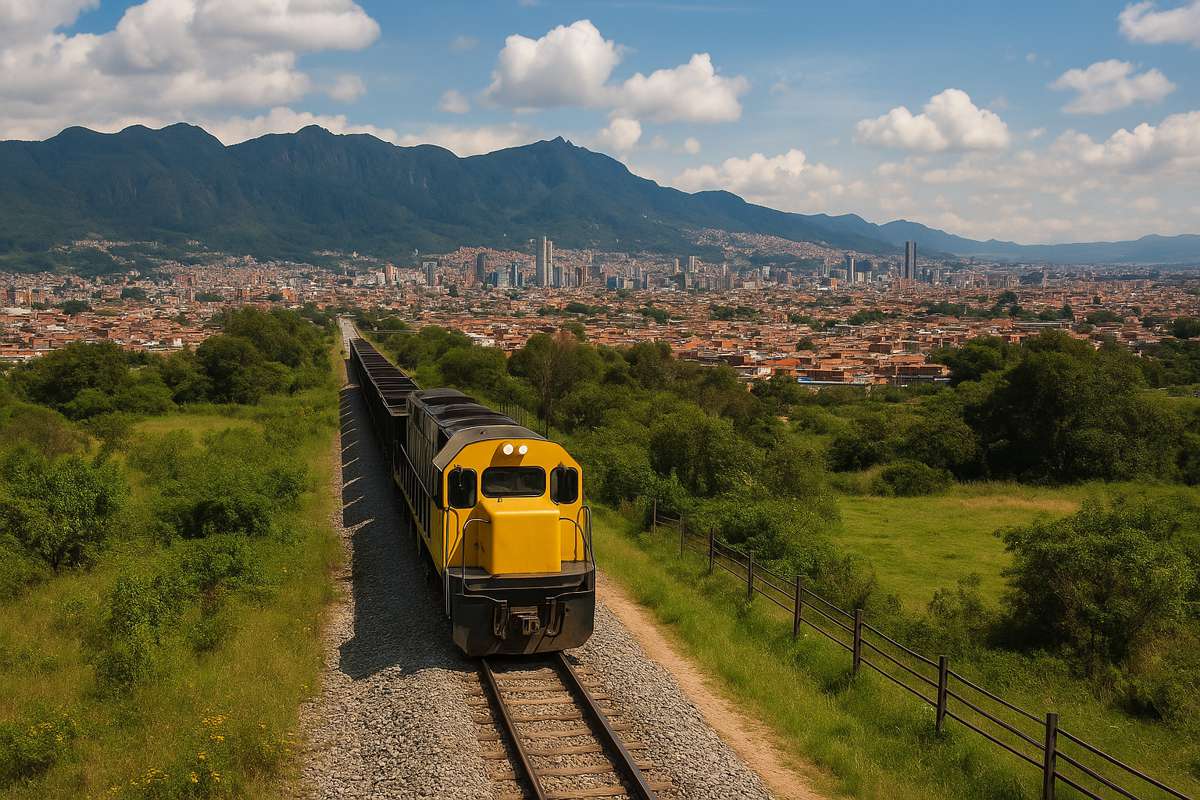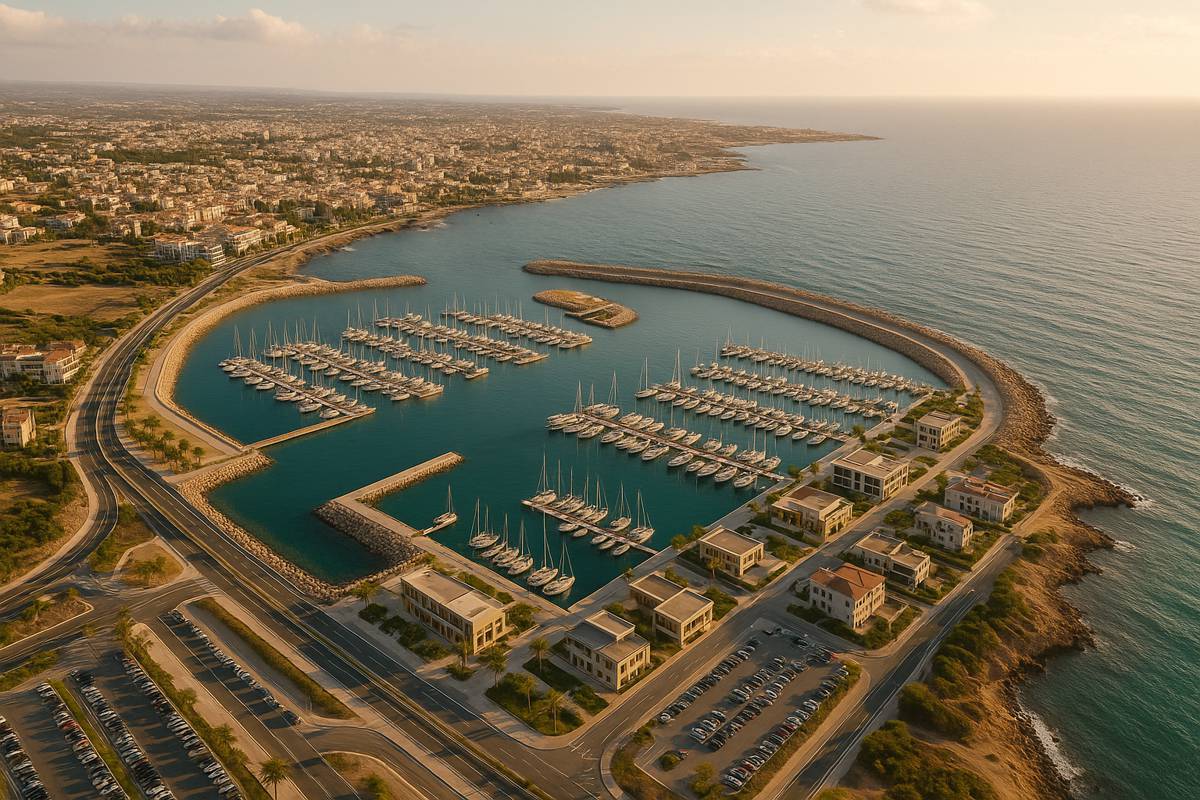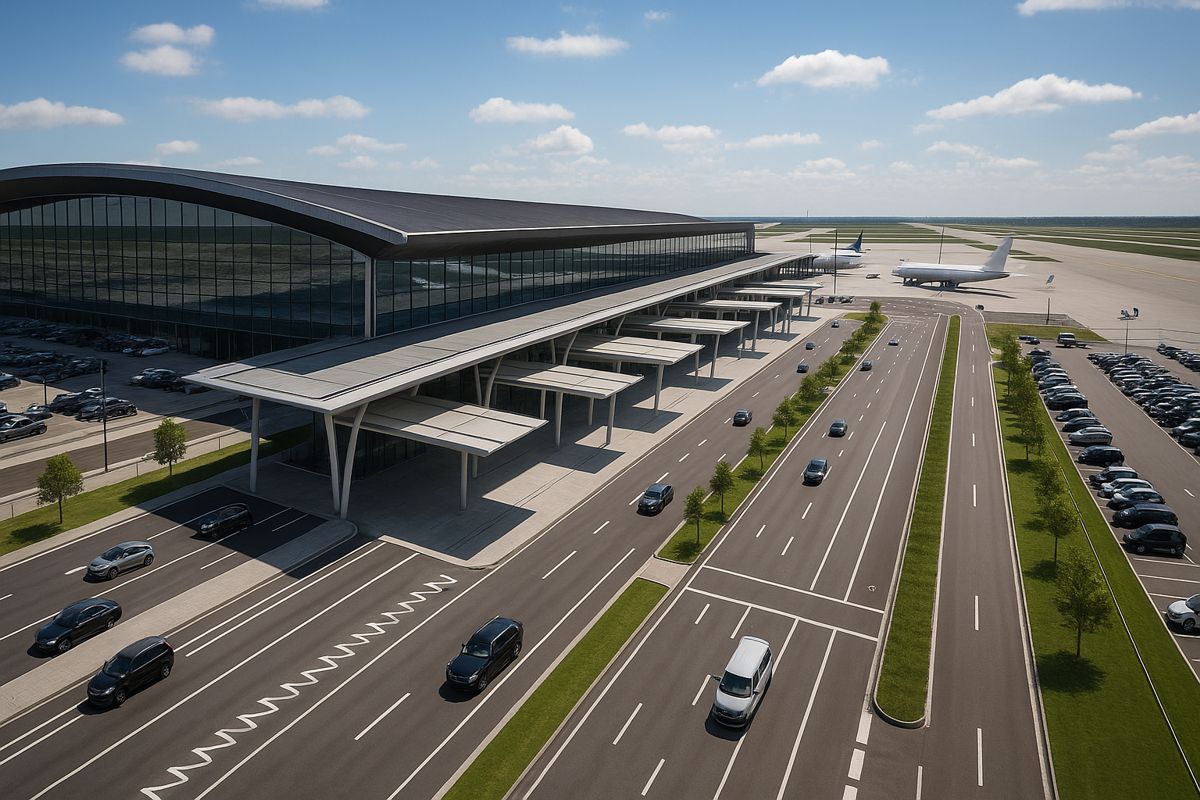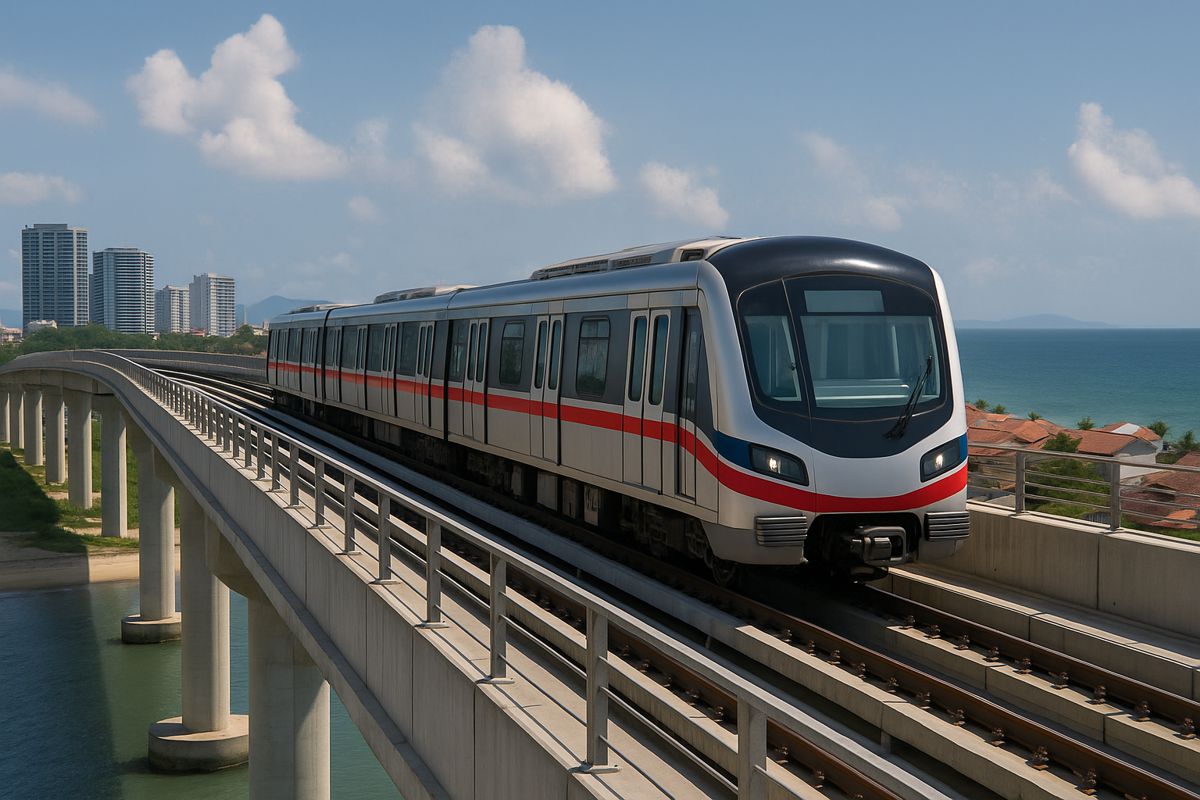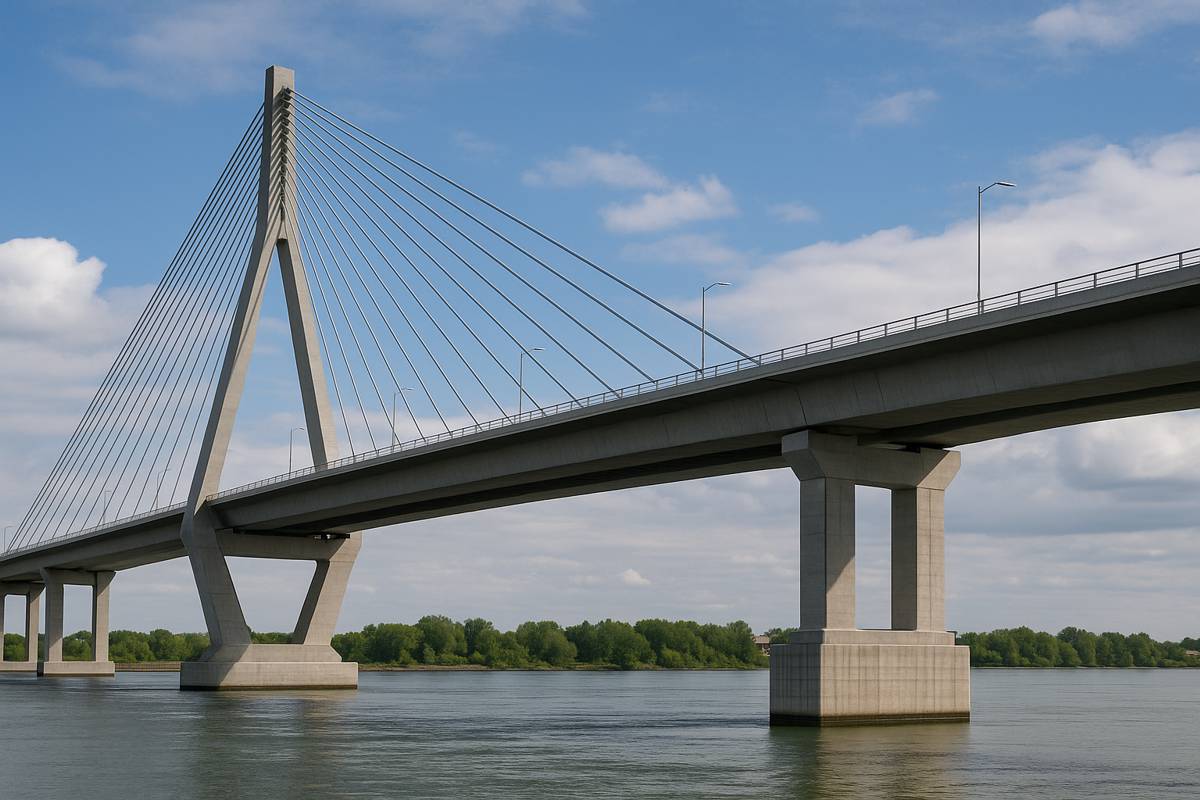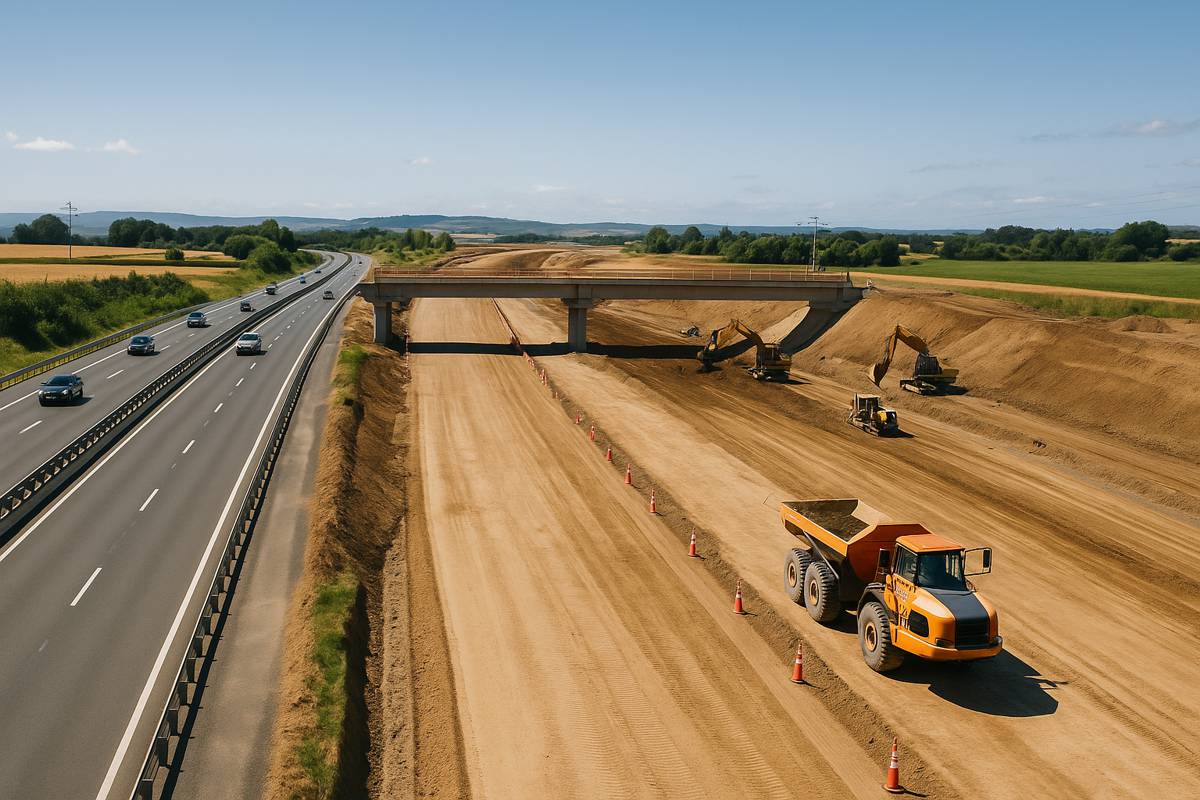Enhancing Sri Lanka’s Rural Road Network
A fresh wave of opportunity has opened in Sri Lanka’s infrastructure sector. The Ministry of Transport, Highways, Ports & Civil Aviation, acting on behalf of the Road Development Authority (RDA), has formally invited sealed bids for the improvement and rehabilitation of rural roads across the country.
This ambitious programme aims not only to upgrade rural access but to stimulate investment, strengthen resilience, and foster inclusive growth. It is part of a long-term national strategy to connect isolated communities, reduce transport costs, and ensure that development reaches every corner of the island.
A Strategic Push for Connectivity
The tender forms a key component of Sri Lanka’s broader infrastructure initiatives, including the Integrated Road Investment Programme (iROAD), which has already transformed hundreds of kilometres of provincial roads. Under the new invitation for bids, the RDA seeks qualified contractors to undertake civil works such as reconstruction, resurfacing, drainage upgrades, and other improvements across priority regions.
The projects span multiple provinces, notably the Eastern, Uva, and Central regions, where improved road access can drive rural growth. One example includes the rehabilitation of more than 13 km of rural roads in the Eastern Province under LOT/05, which aligns with ongoing ADB-financed initiatives.
These investments go beyond infrastructure. They are about creating better access to schools and hospitals, improving logistics for farmers, and boosting local tourism. In many regions, poor road quality remains one of the biggest barriers to economic development, so this initiative could be a game changer.
Bidding Framework and Eligibility
The RDA’s tender follows an open competitive bidding process, inviting both local and international firms from eligible countries. The projects are generally financed through partnerships with international development agencies such as the Asian Development Bank (ADB), ensuring compliance with global procurement standards.
To qualify, contractors must demonstrate:
- Proven experience in similar road or civil engineering works.
- Adequate technical resources and skilled personnel.
- Sufficient financial capacity and liquidity.
- Compliance with environmental and safety regulations.
Bidders are required to submit bid securities, performance guarantees, and detailed technical proposals. The RDA has emphasised that incomplete or late submissions will be rejected, ensuring transparency and accountability.
Technical Challenges and Engineering Considerations
Upgrading Sri Lanka’s rural road network presents both opportunity and complexity. Many of these roads traverse challenging terrain, with steep gradients, soft soils, and flood-prone areas. Engineers must therefore design resilient roadways that can withstand monsoon conditions and heavy agricultural traffic.
Key technical aspects include:
- Drainage systems: Proper culverts and side drains to prevent erosion and flooding.
- Pavement durability: Use of high-quality materials and better compaction techniques to extend lifespan.
- Slope stabilisation: Especially critical in hilly regions where landslides are common.
- Sustainability: Incorporating climate-resilient and environmentally friendly materials.
The RDA has increasingly promoted the use of digital tools and geotechnical monitoring to enhance construction quality. Integrating technologies such as remote sensing, GPS tracking, and drone surveys has improved both project transparency and efficiency.
Community and Economic Impact
Beyond the construction value, the socio-economic benefits are significant. Rural roads act as the veins of development, connecting farmers to markets, children to schools, and patients to healthcare. Every kilometre of improved road can translate into measurable gains in productivity and welfare.
According to past reports from the ADB, the iROAD programme has already delivered remarkable results in reducing travel time and improving transport reliability. Local women and youth have benefited from increased employment opportunities through community-based maintenance schemes.
The new tender continues this inclusive approach by prioritising labour-based construction methods where feasible, encouraging local employment and skill development. The ripple effect across local economies can be transformative.
Environmental and Social Safeguards
Infrastructure development in Sri Lanka now comes hand in hand with sustainability commitments. Each project under the rural road programme must undergo environmental impact assessments and obtain necessary permits from relevant authorities.
The RDA has outlined that contractors must implement mitigation plans addressing noise, dust, waste management, and biodiversity protection. Where land acquisition is necessary, compensation and resettlement are managed according to national law and ADB safeguards to ensure fairness and transparency.
This environmental diligence not only aligns with Sri Lanka’s sustainability goals but also reassures international financiers that projects meet responsible development standards.
Opportunities for Innovation
Sri Lanka’s ongoing infrastructure push opens the door for innovation. Contractors with experience in advanced materials, smart monitoring systems, or energy-efficient construction methods can gain a competitive edge.
Emerging trends in the sector include:
- Use of recycled aggregates and eco-friendly binders.
- Implementation of digital twins for asset management and predictive maintenance.
- Adoption of IoT-based road sensors for monitoring performance and durability.
These innovations can help extend road lifespan while lowering lifecycle costs, creating a win-win for both government and communities.
Financing and Investor Confidence
The tender builds on the confidence established through Sri Lanka’s partnerships with the ADB, World Bank, and other international agencies. Despite recent economic challenges, these partnerships signal that infrastructure remains a top priority for national recovery.
The transparency and competitiveness of the bidding process are designed to attract credible investors and contractors. In turn, successful delivery will reinforce Sri Lanka’s reputation for reliable project execution, a vital factor in attracting further development financing.
Paving the Way Ahead
Sri Lanka’s rural road improvement programme represents more than just asphalt and concrete. It is a blueprint for inclusive growth, connecting communities and empowering rural populations to participate in the national economy.
By blending innovation, sustainability, and social engagement, the country is positioning itself to deliver infrastructure that lasts. For contractors, this tender is an open invitation to be part of a transformation that goes beyond construction, it’s about building the foundation for a stronger, more connected future.
